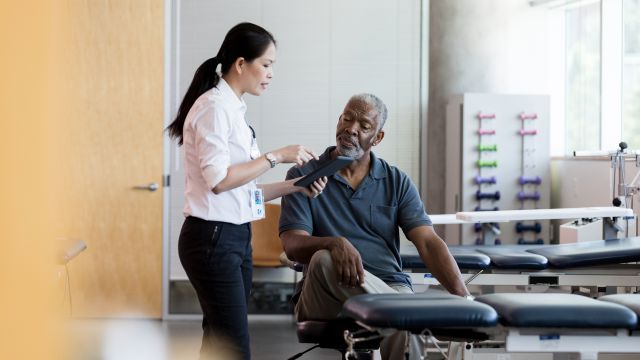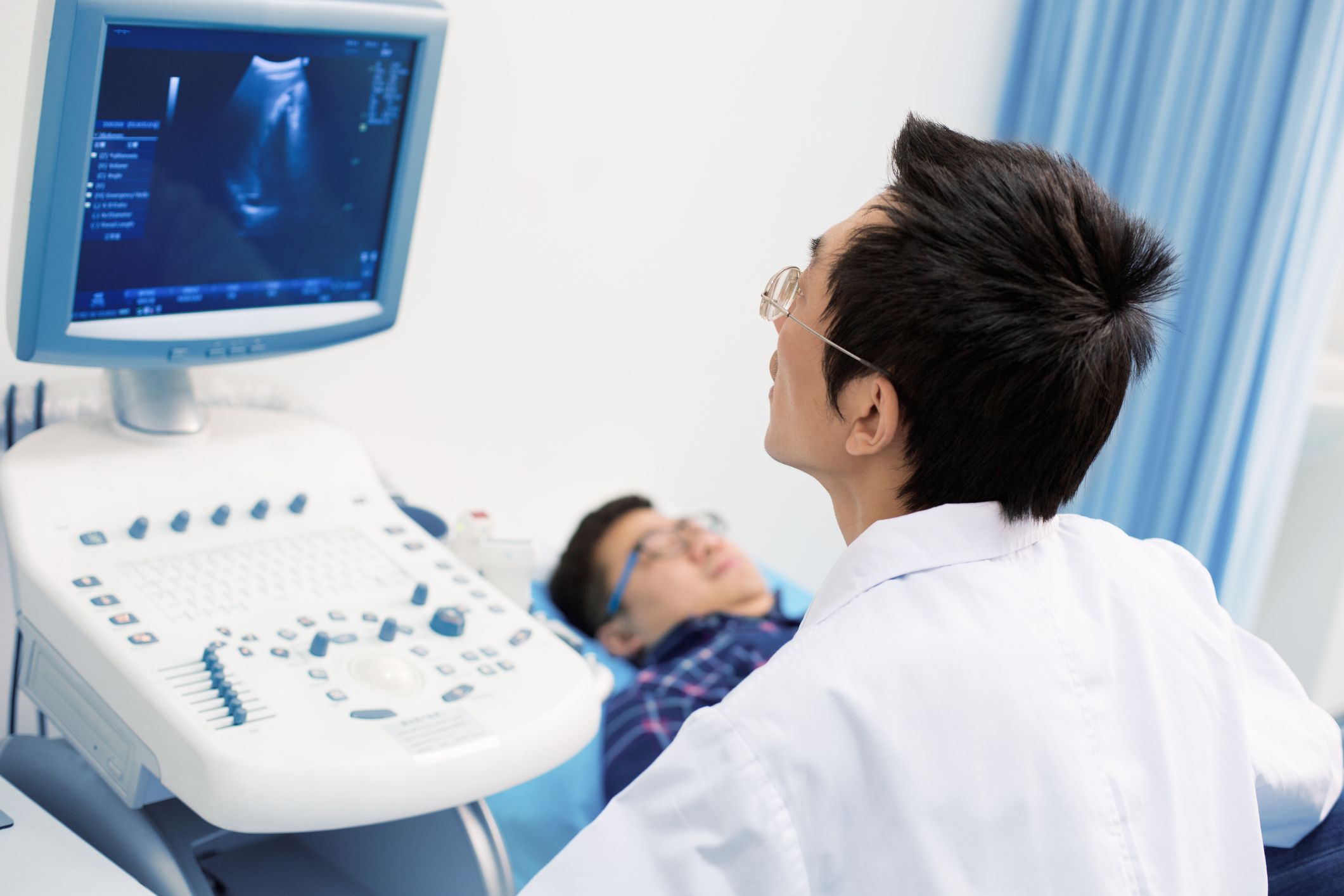There is no best treatment for prostate cancer, only the treatment that is best for a particular person at a particular time. If you or a loved one has been diagnosed with prostate cancer or has been living with prostate cancer, it is important to work with a healthcare team to determine the best treatment for you and your diagnosis.
Potential side effects of treatment are a concern for many men living with prostate cancer. This is a topic that should be discussed with your healthcare team.
Here, we look at some of the potential side effects of common prostate cancer treatments, and the ways your healthcare providers may be able to help you navigate these side effects.
- Fertility. Chemotherapy, radiation, and hormone therapy may impact a man’s fertility. If you wish to have children after treatment, you will want to discuss this with your healthcare provider. Your healthcare provider may recommend having sperm collected, frozen, and banked prior to beginning treatment.
- Incontinence. Incontinence refers to bladder leakage. This is a common side effect of having the prostate surgically removed, though it is often temporary and can be helped with medication or physical therapy.
- Erectile dysfunction. ED is common after surgery. There is still a chance to regain a full erection, although it might take up to 24 months, and it may be more difficult for men over the age of 60. There are a number of treatments that can help, and your healthcare team can advise you on different options.
- Sexual dysfunction. It’s common to have a low sex drive (libido) during treatment for prostate cancer. If you or your partner have any concerns, be sure to talk to your healthcare provider.
- Mental and emotional stress. The diagnosis of cancer can take a toll on your emotional health and contribute to depression or anxiety. Friends and family can be a source of support, but it can also be difficult to be fully honest and open about what you are experiencing. Consider working with a mental health practitioner. Also consider joining a support group—after all, the only people who truly understand what you are experiencing are other people living with prostate cancer.
In order to get the most out of treatment and understand the potential side effects, it helps to prepare questions and discussion points for each appointment. Some questions you can ask include:
- What are the treatment options and what do you recommend?
- What are the possible side effects and complications of these treatments?
- What are the risks and benefits of each treatment?
- How will I know if a treatment is working?
- What are some resources that will help me better understand my diagnosis?
- Can you recommend someone to give me a second opinion?
- What will life be like during treatment?
- What will recovery from treatment look like?
In addition to preparing a list of questions before your appointment, bring a list of all medications you are taking (including prescription medications for health conditions, over-the-counter medications, vitamins, and supplements, including herbal supplements).
Remember that side effects, complications, and challenges with prostate cancer treatments will be different for each person. Your best source of information about your diagnosis is your healthcare provider.






